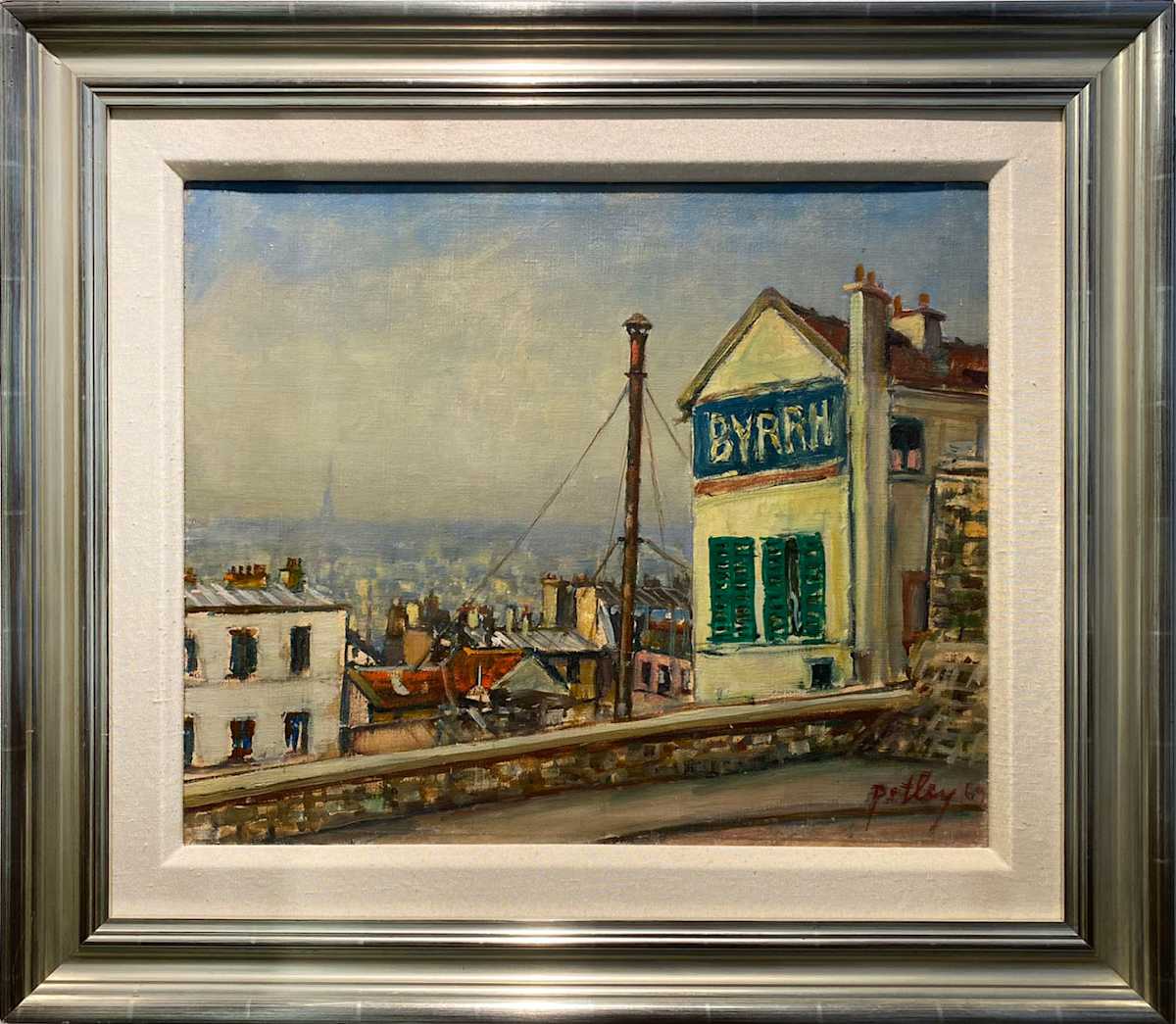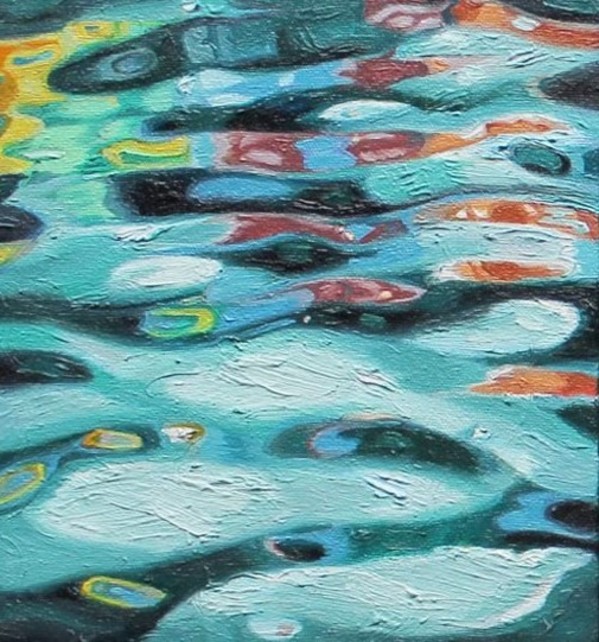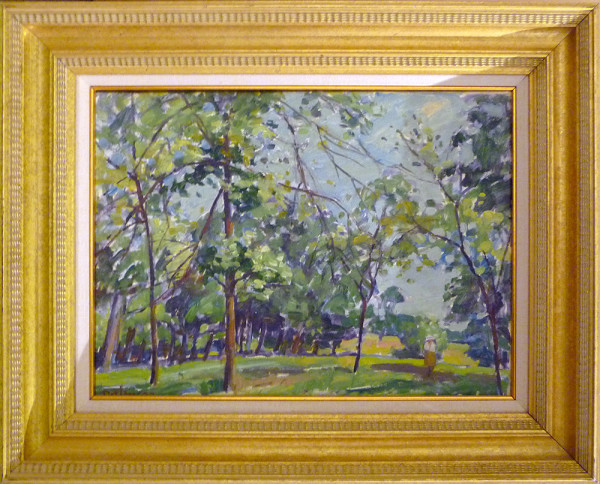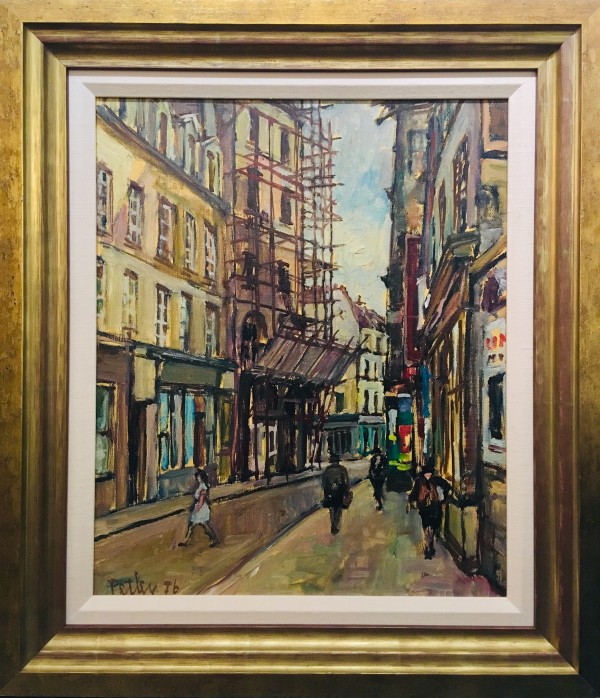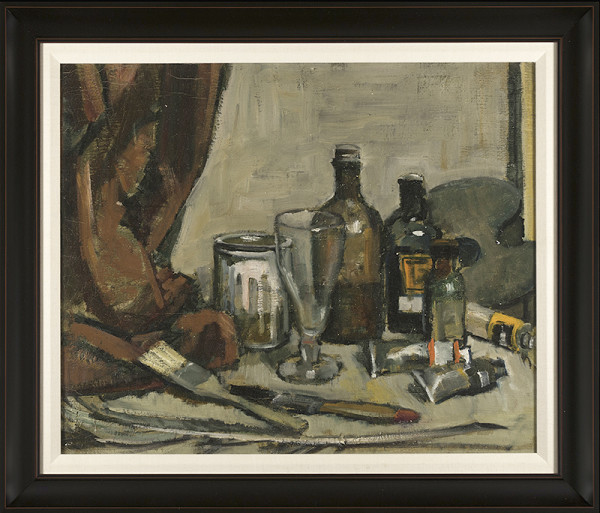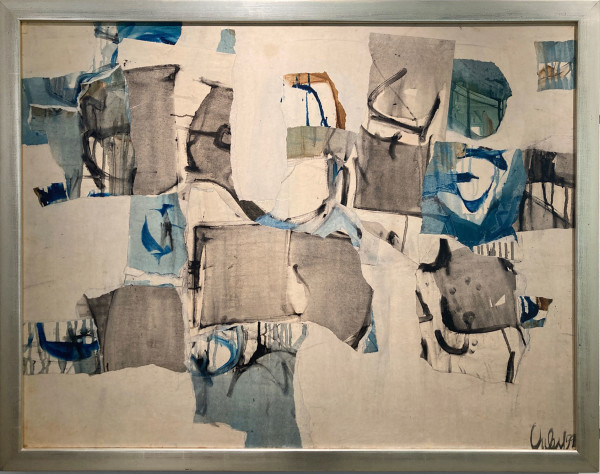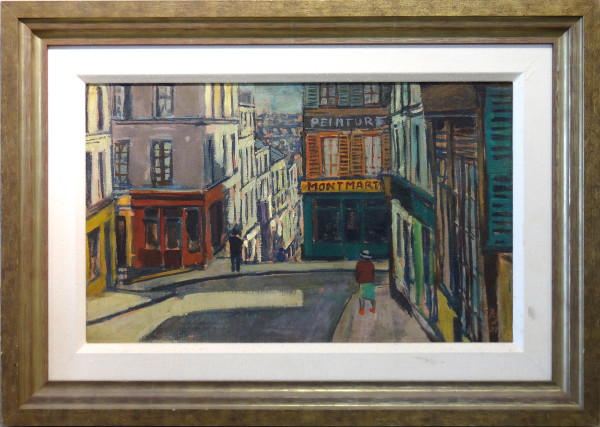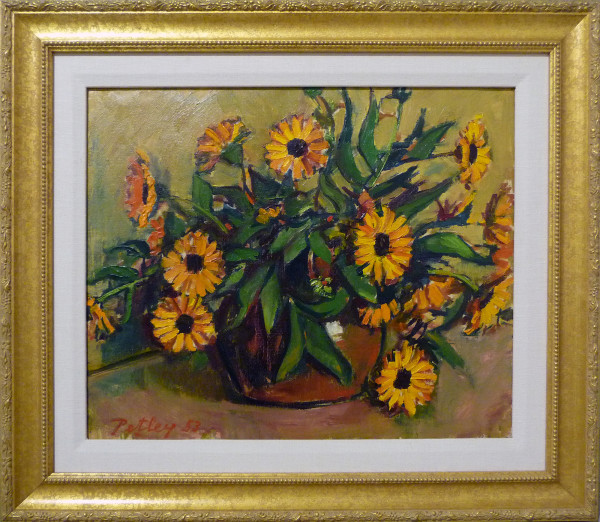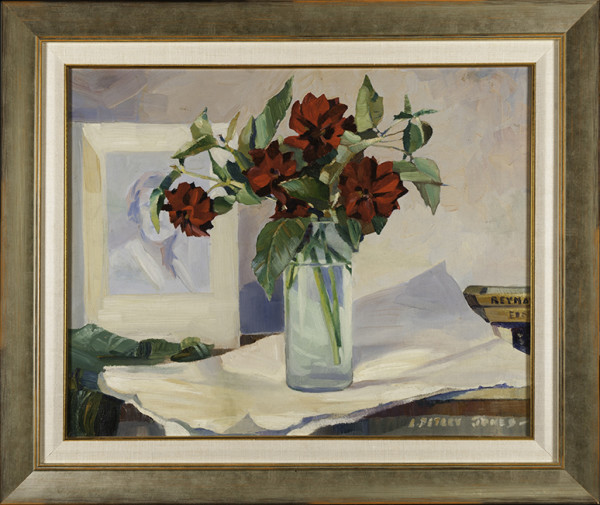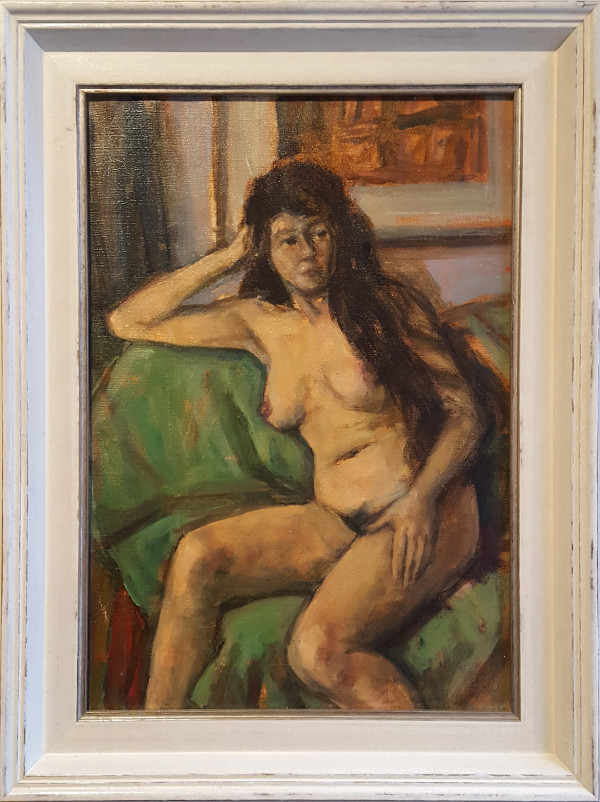- Llewellyn Petley-Jones (1908-1986)
- Early Morning Montmartre, 1969
- Oil on Canvas
- 18 x 22 in
- Framed: 26 x 30 in
- Signature: Signature on front Petley 69
- C$4,800
-
Sold
Montmartre, a vibrant Parisian neighborhood, played a significant role in the Impressionist movement, serving as both a base for artists and a source of inspiration for their work. Like many artists of the later 19th century, the Impressionists chose Montmartre as their base in Paris. It was here that they painted and played, spending countless nights in the dance halls, cafés and cabarets of the neighbourhood.
Artist Biography:
Born in Edmonton, Alberta, son of Mr. A. Hurdis and Mrs. (nee Petley) Jones, he attended public and high school in Edmonton. He began learning his art from magazines, books and other sources and quickly showed an unusual talent for painting and drawing. He worked as a bank clerk for three years then turned to painting. He became a member of the Edmonton Art Club in 1927 and the Alberta Society of Artists in 1931. In the A.S.A. Calgary show in 1931 he received praise from W.J. Phillips. His paintings were also accepted the same year at an annual juried show at the National Gallery of Canada. He established a studio in Edmonton where he also taught a large class of students to help make ends meet. He became known for his landscapes and portraits in oils and water colours of the Edmonton area and the West Coast. He moved to London, England in 1934 then went on to study painting in Paris. Shortly afterwards his painting of Seba Beach was accepted in the (1935) Royal Academy show in London. He had also been accepted for exhibit by the Royal Society of British Artists. He continued to exhibit with these societies and other important ones in the U.K. (see below). In Paris he set up a studio in the Montparnasse section and his "Autumn on the Seine" was exhibited in the Societe Nationale des Beaux-Arts, Paris. His success continued with pictures being accepted by the Salon d'Autumne. In 1939 he met and married Nancy Corbet of Calgary who was in London at that time. They went to Italy but had to flee the country a few hours before Mussolini declared war. All his Italian paintings were lost when they made their hasty departure. In London he held his first one-man show at Matthiesen Limited on Bond Street and The Rt. Hon. R.B. Bennett opened the exhibition. Perley-Jones served in the British navy (mentioned in Tor. Star 15 Aug'/42) during World War II. In 1950, fifteen years of his work was shown at the Museum of Arts in Edmonton. Shows were also held at Eaton's College Street store, Toronto, and at the Contemporary Canadian Artists show at the Art Gallery of Toronto and the Western Art Circuit. In 1954 he was commissioned to paint murals for the C.P.R. then with his wife and six children travelled to Paris, France, stopping first in London to exhibit his British Columbia paintings then at Richmond near London then finally Paris to do a series of paintings (between one and two hundred) for Dr. Max Stern of the Dominion Gallery, Montreal. He returned to England and settled with his family at Richmond where he established a studio. In 1955 he was commissioned by the Alberta Government to paint portraits of Queen Elizabeth and the Duke of Edinburgh for the Alberta Legislative Building. The Queen had sat for twenty portraits in four years, was sitting for three more, and was booked for sittings for the next year. It was not possible therefore for Petley-Jones to obtain sittings and still complete the work in the time stipulated by the Alberta Government so he had to work from photographs, masks at Madame Tussaud's waxworks and from occasional public glimpses of the royal couple on special occasions. When the portraits were unveiled at London's Imperial Institute a controversy was sparked by some critics over the portraits' likenesses to the royal couple but members of the Alberta cabinet were quite pleased with the portraits and the paintings were hung in the legislature. By 1958 Petley-Jones was working in the field of abstract painting and held his first show of new work at the Waddington Galleries, London, in 1958. His solo shows during his career are as follows: St. Georges Gallery, Lond. (1941, 1945); Da Vinci Gallery, Lond. (1942-43); Wildenstein, London (1946-48, 1954); Gimpels Fils, Lond. (1949); University of London (1950); U.B.C. Fine Arts Gal., Van. (1951); Art Centre, Vic., B.C.; V.A.G., Van. (1952); Walker Gallery, Lond. (1955); Imperial Inst., Lond. (1956); Dominion Gallery, Mtl. (1957); Waddington Galleries, Lond. (1958); and he participated in a number of group shows including those at the Royal Academy, Lond. (1935-43); Royal Portrait Society; Royal Society of British Artists; New English Art Club; Royal Scottish Academy; Royal Hibernian Academy, Ireland; Royal Inst. of Oil Painters; London Group; National Society; Royal Water Colour Society and Canadian Group of Painters. He is represented in the following public collections: National Gallery of Wales; Birmingham Art Gallery; Art Gallery of Ontario and the Edmonton Art Gallery.

